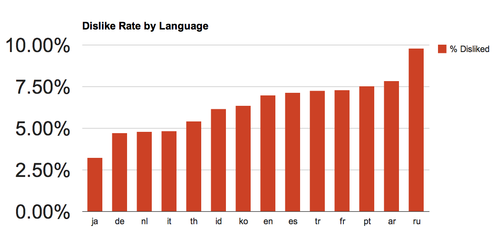Terrible statistical writing: NatGeo Global Warming Article
I find it really hard to inform myself on certain issues when the mathematical arguments presented in articles just make no sense.
I was reading this recent article by national geographic called “does the ‘global warming pause’ debate miss big picture”
It starts out by stating that there’s been a decrease in the rate of global warming in the 21st century, but cautions readers that this doesn’t mean global warming has stopped. So far, so good - I understand what argument is going to be presented.
Then it links to a research paper that that says the slowdown in global warming is caused by the el nino cycle in the Pacific. I can’t speak to this analysis since I don’t know enough climate science, and I don’t have the actual data to analyze. But at this point, I’m still happy with the article, I think their point is very clear.
Okay - now a little bit further down we get a quote from Gavin Schmidt at NASA. He doesn’t read too much into the pause, and says “If you take 1998 out, there is no pause”
Wait a minute!! I hope I’m not alone here - I think anyone who analyses data should start to get a worried here.
First of all, if that were true, any analyst who says they saw a global warming pause is not doing their job. If you see a pattern, and taking away one data point removes the pattern, your model is not robust enough to be trusted.
Secondly, this totally contradicts what’s been said earlier in the article. Just in the last paragraph, we are told “there’s no denying that temperature has plateaued in the last decade” (which doesn’t include 1998). And in the paper about el nino that they posted, the abstract starts by stating, “the annual-mean global temperature has not risen in the twenty-first century”.
So either those two sources are wrong, or Schmidt’s quote is wrong. But the article continues along as if nothing is amiss.
Then in order to support Schmidt’s claim: “the ten hottest years since 1880 have all happened since 1998, with 2010 being the hottest of all” But the argument is that the rate of global warming in the 21st century has dramatically slowed, not that it’s cooling. So of course we’d expect recent years to be warmer. Doesn’t make Schmidt’s case at all - they’re confusing the first derivative with the value. Even if the derivative went to zero (an “exact” pause in the global temperature) - sounds like the data may be consistent with that.
Anyway, maybe I should do something else on a Sunday night. Anyone see Breaking Bad? I still have to catch up.
